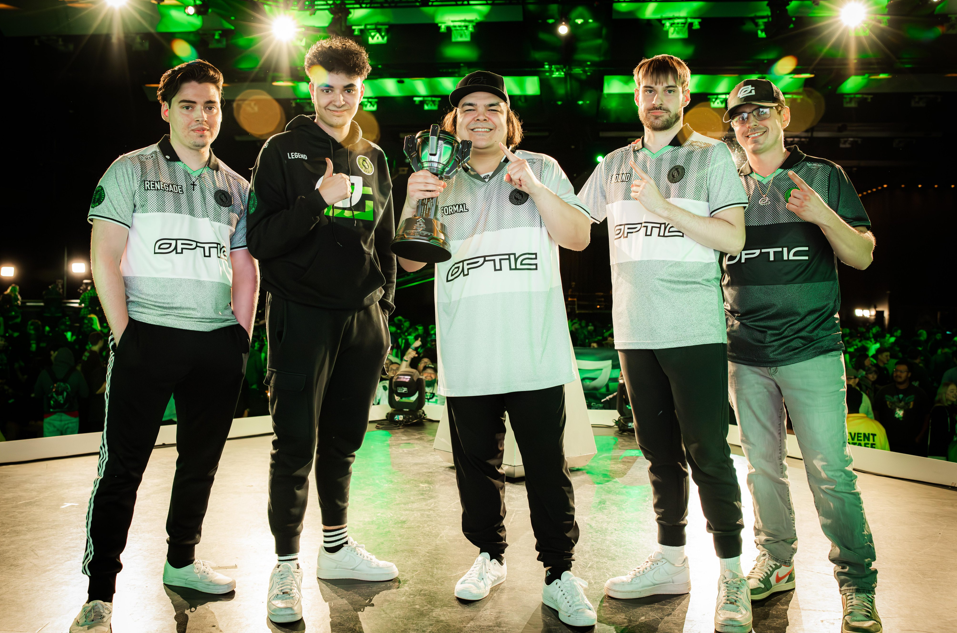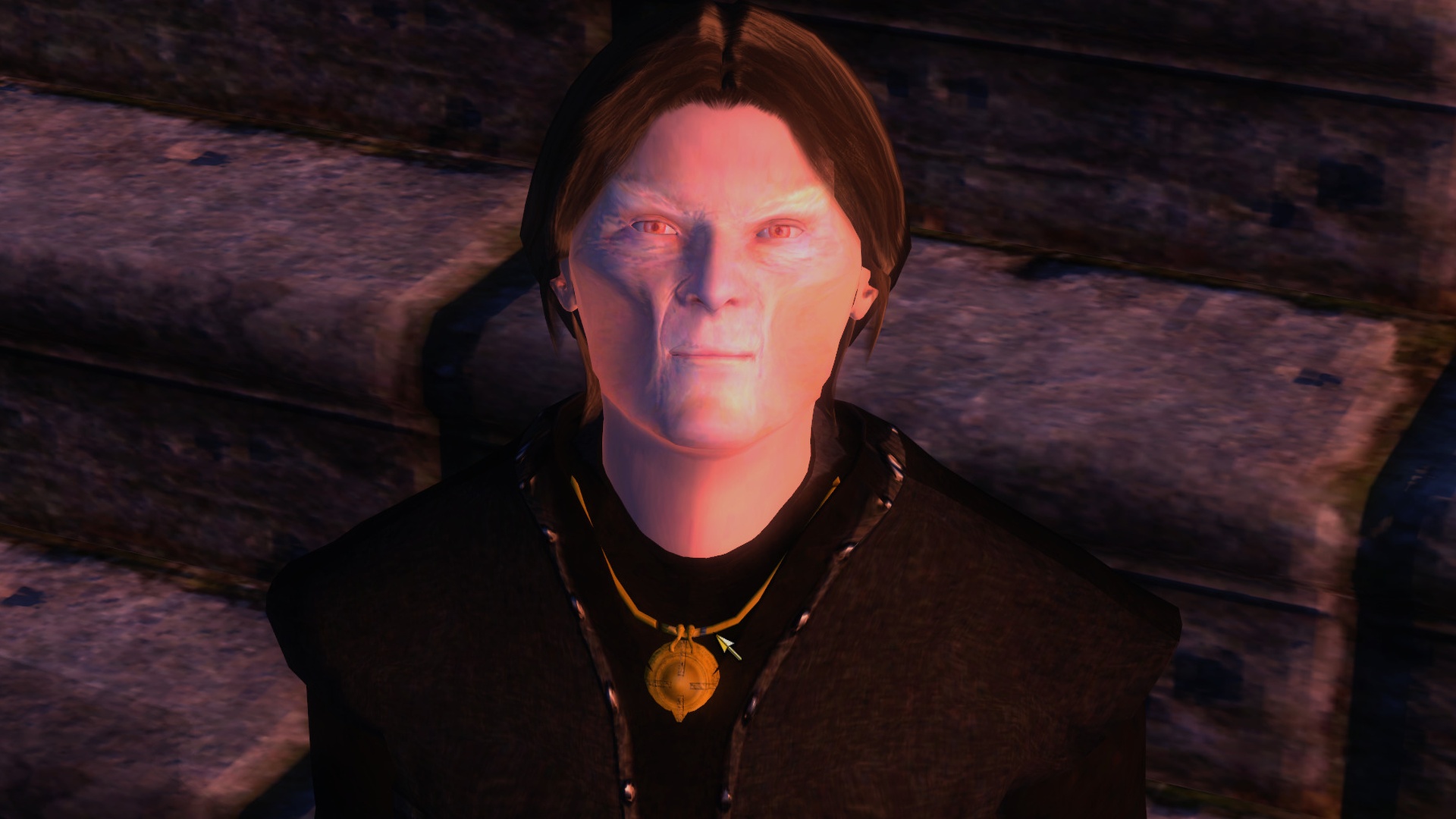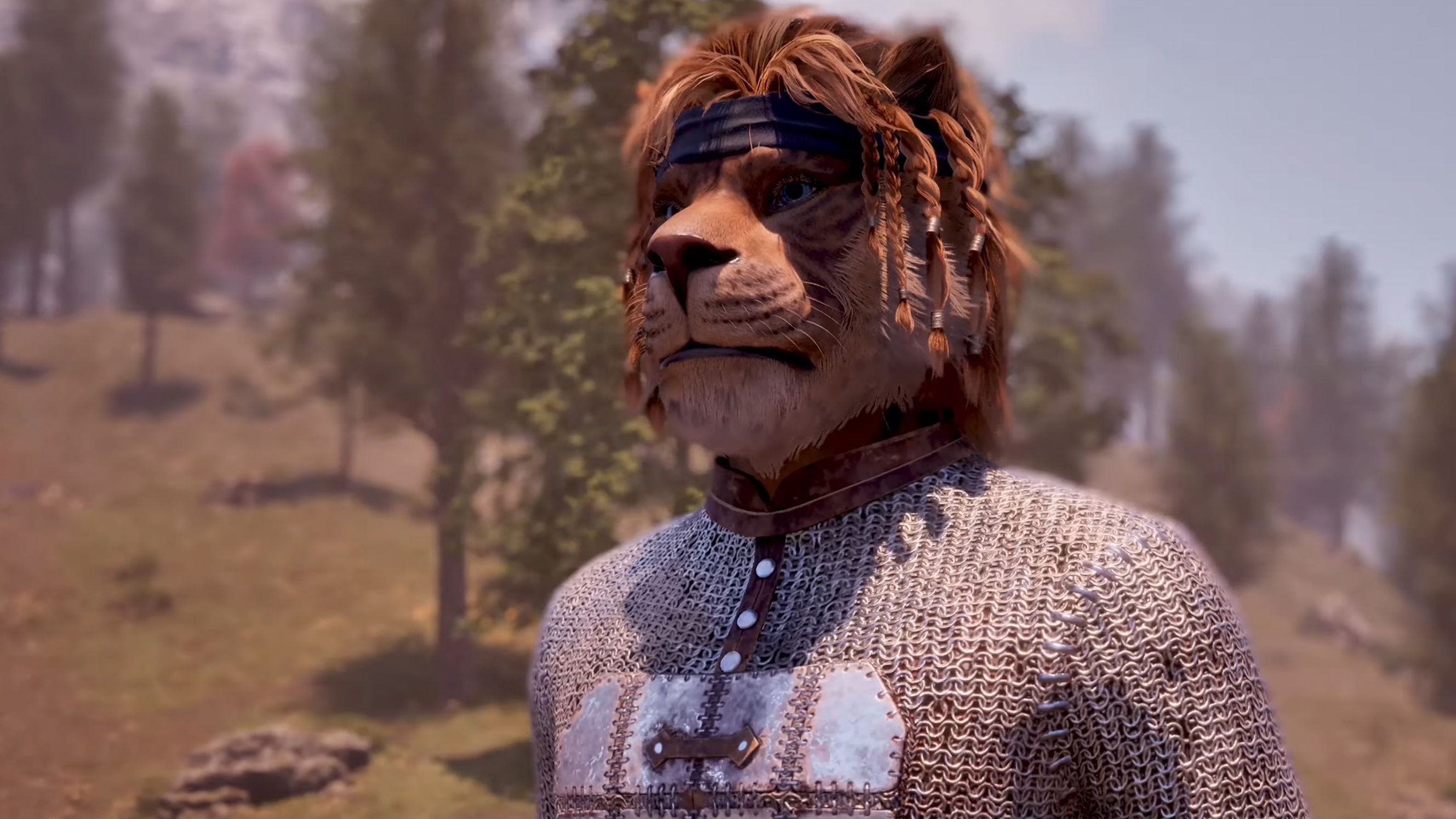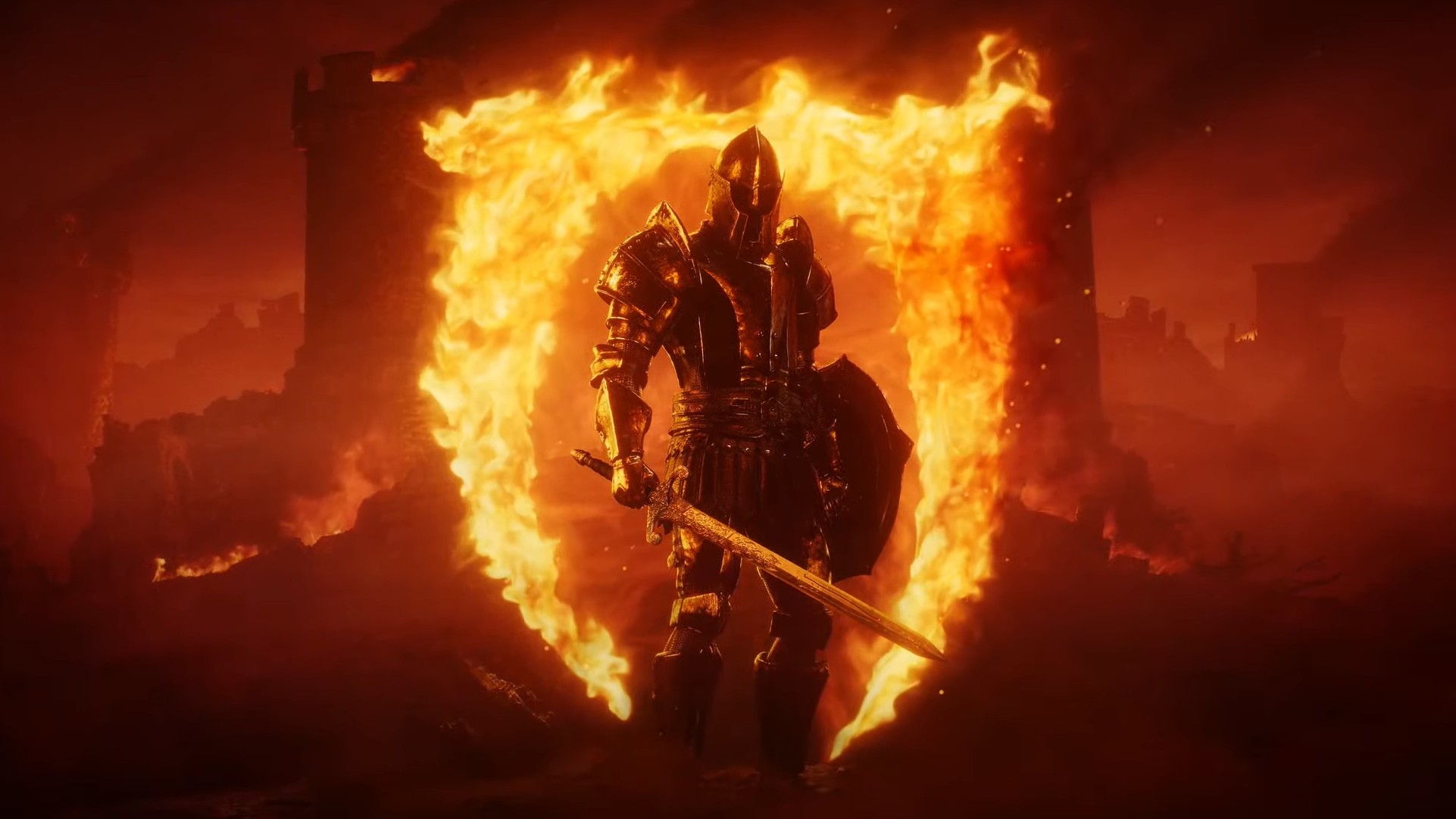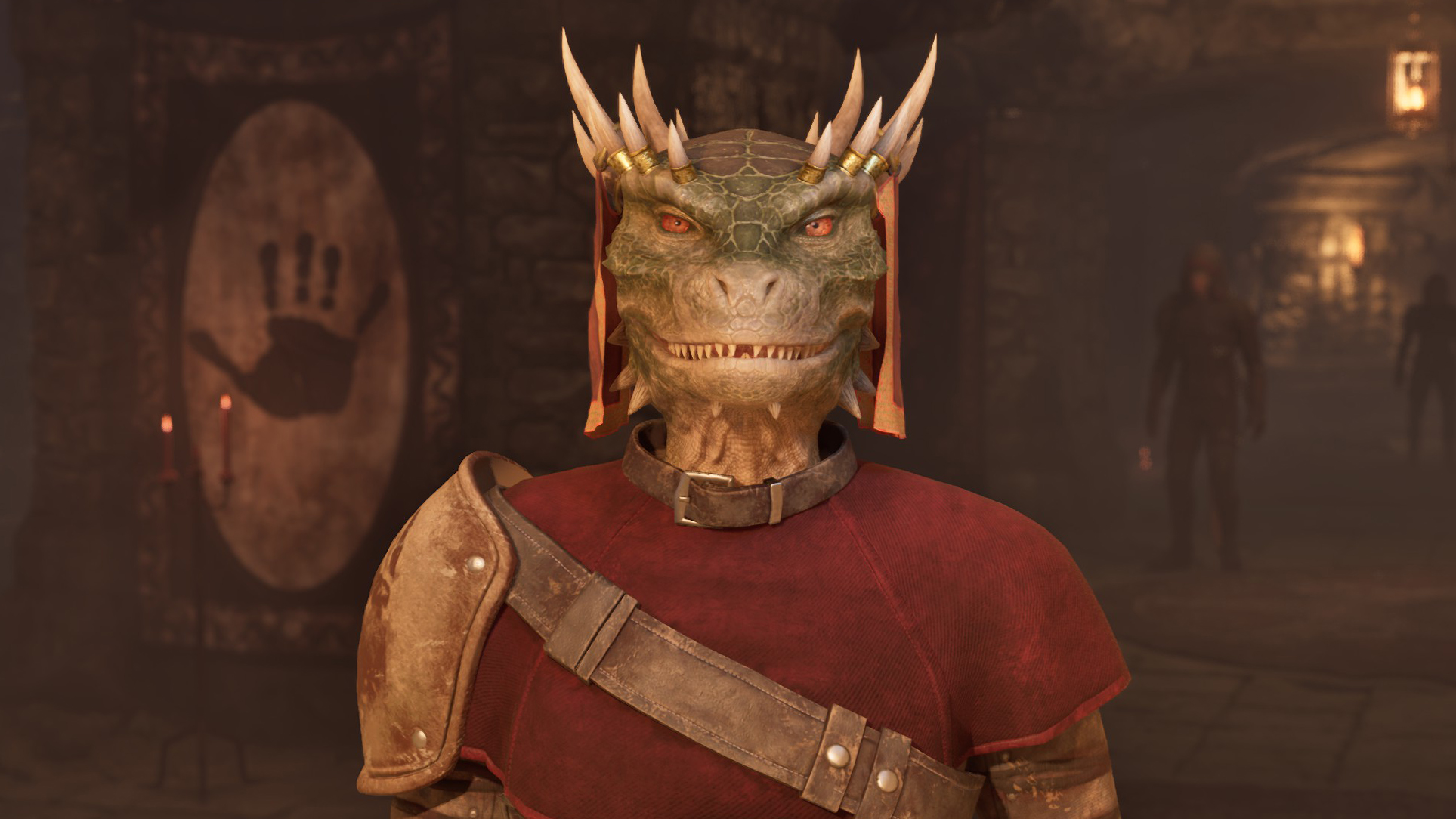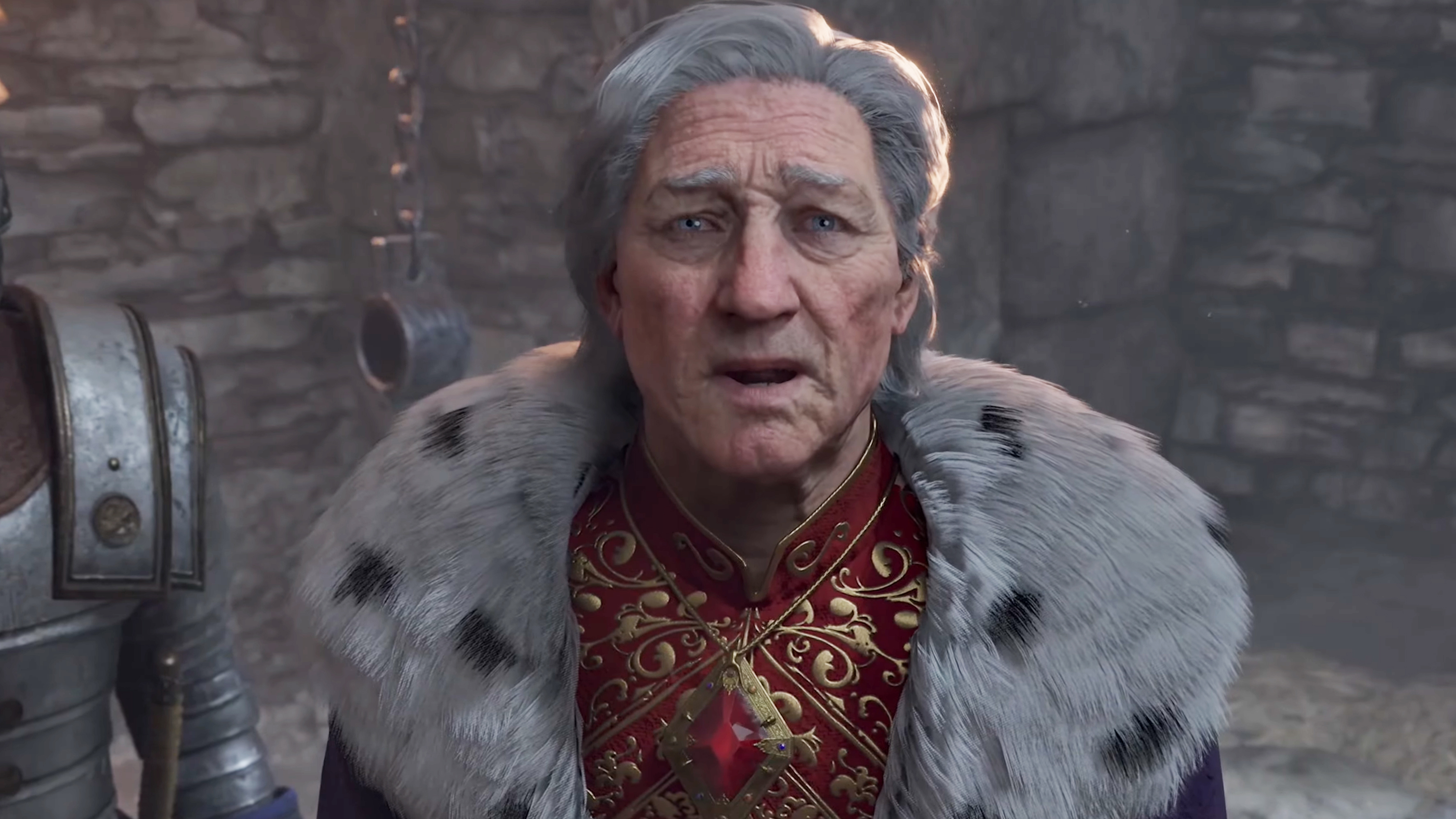
We spoke with analyst, caster, and longtime esports industry veteran Barento ‘Raz’ Mohammed about what it’s been like bringing everything together behind the scenes of the LCS.
Between Doublelift getting reprimanded for talking about the LCS dying and Bjergsen admitting to having a conversation with Riot about it, the LCS has certainly been steeped in criticism over the past few months.
However, the playoffs were a resounding success for the North American region. While much of this is on how the games played out, the format and the people behind it were a huge part of this success.
We spoke with LCS caster Barento ‘Raz’ Mohammed about what it’s been like putting the production together, why NA gets so much hate, and what it takes to create stories on the broadcast.
Humble beginnings
Raz has been around for a long time. He’s been a fan for over a decade, but his start as a broadcaster was with the LPL in 2016.
The Western LPL broadcast has gained a fair amount of viewership over the years. Back then, it was a very small, niche subsection of League of Legends fans. But Raz was there for years, working with a small team and making a name for himself as a broadcast talent.
Considering where he is now, this all worked out in his favor. But there are still some things Raz misses about the LPL broadcast.
“I always loved knowing the ownership was one us of telling the stories of players that people just generally don’t watch. The viewership a lot of times pales in comparison to the Western Leagues— and I’m just talking about it from the English perspective. Of course, the Chinese broadcast is very successful. And so you own the idea of telling the stories, the narrative, being analytical as to why certain players were so great.”
He continued, “Knight is a great example of someone who was in the LDL, named the LSPL at the time, and was so good on Young Miracles. But, of course, if no one’s watching the LPL, no one’s watching the LSPL. And I did anything I could — and the people around me as well — to support that story and get it out there. Look where he is now, he’s at Worlds on a top 2 team in the region. So, I miss that.”
He also reminisced about the smaller, more intimate setup in years past.
“I also just miss the smaller setup and knowing that you and your brothers and sisters— you have a really small group in the LPL English, and you all kind of align on the story you want to tell. You all watch the game and, you know, talk about your own passions. That kind of feeling has been amazing. With the LCS, I enjoy it, but it’s a much grander production.”
The LCS is indeed a grand production these days. Analysts get to pitch their own ideas with a full production team behind them, and pro players have started to regularly cameos on the broadcasts when they’re not playing.
But how do analysts get their pitches approved? What does the pitching process even look like? Raz went into further detail.
Defining the broadcast
Broadcast talent often has to come up with ideas on the fly and create segments on the previous match before the next one even starts. They also have to introduce each day’s matches and set up those storylines as well.
There’s a lot that goes into being an analyst, more than you’d think from the outside looking in.
“There are several meetings throughout the day. The one that I’m specifically part of for the analyst desk, you’ll have the analysts, the producers, as to your point, the writer. She does a great job of getting her notes down and challenging us on things like, ‘Ok, how do you want to present that?’”
“If you have something you’re really passionate about, you’ll be able to say, ‘Hey, I really wanna do this and map out this specific thing’. And then they’ll ask about how they can best do that, and then go through a graphic or video piece. But then, mostly it’s just— you sit in a room, or if it’s online in this case, you can just be in a Google chat and you can just talk about what you care most about a game, a team, a player, how you want to represent that and create the story flow.”
A segment like MarkZ’s iconic “eyebrow analysis” only works if you come up with that idea on the spot. Every member of the team is capable of coming up with these segments that can be turned around fast from a production standpoint, and yet still be relevant and entertaining.
The LCS broadcast talent has a lot of freedom they use very efficiently considering the incredibly narrow time constraints on broadcast segments.
Doing your best in the worst of times
The two-hour-long pause in the Evil Geniuses vs. TSM Playoffs set was a dark spot on the otherwise positive affair of the Summer playoffs. As the production team worked toward fixing crippling tech issues, folks on the analyst desk kept things under control.
Raz explained how he kept things under control during the insanity.
“That example you mentioned about TSM vs. EG, in my mind, when we were going I was like, ‘What do I care about? Oh, right! This has been my favorite playoffs ever!’ Because this playoffs has been a banger. How do I want to represent that while other people are talking? Oh, we can probably throw the playoffs bracket up on the board and I’ll just rank my favorite series. A. that’ll buy time, and B. that’s something I’ve never done before and really want to do.”
“Everybody collaborates. You wanna do something? You think about it and you throw it out there into the ether? We’ll see what sticks. If someone has something that’s better, we’ll go with their thing. But, as long as you have people that have great ideas and care about the league and are passionate in that moment, then you’ll be fine.”
Raz’s broadcast idea was a hit in more ways than one, to the point where a specific moment created an entire meme format.
A less experienced broadcast team may have lost viewers through a pause. But, thanks to Raz and the entire team, they were capable of turning potentially catastrophic production issues into an entertaining show.
Time is a luxury live broadcast teams don’t have. Segments created on the fly only work with a broadcast team that truly trusts each other and is confident in what LCS fans love the most about the game.
Bringing the LCS back
Raz opened up about what it takes to make LCS fans happy, and also why fans and content creators are so critical of North American pro play.
“There’s that aspect where the fans in your region really are like, ‘Damn, we suck. The team I represent and cheer for isn’t going far at all internationally.’ And, of course, other regions can poke fun at you, I know EU does that a lot. So, there’s that aspect of performance, and then there’s the other aspect of entertainment and storytelling. You want people to care about your players and teams.”
Raz putting in some extra work and getting involved with a Cloud9 streaming event
“Talking about how good they are internationally or how good they are objectively, that can be tough to sell. But you can still talk about how funny a certain guy is or how smart a certain guy is or how good a certain team is within that region. As long as you tell the story of a player and a team, people will latch onto that and love them.”
Raz also commented on the passionate fan bases for minor regions like the LCO and CBLoL that root for their teams, “You don’t need to be a successful region to have passionate fans.”
Lifting up a new generation of LCS pros
Passion can exist in many ways for fans, but it doesn’t hurt to stoke the fires a little. We had a conversation about pros on broadcast and “conditioning fans to be ok with sh*ttalking”.
“Yes, the players, please talk your sh*t, but also the fans need to allow that to happen. Every other game, especially FGC stuff, people celebrate it when you hear someone challenging another player and saying what they want to say. Who cares if they’re being disrespectful? Obviously, there’s a limit. But they’re not gonna cross that limit.”
There’s been a real focus on creating storylines through smack talk. C9’s Fudge has been a big factor in the success of the LCS in this respect, and the fact that he spent the entire Summer Split trashing other teams verbally while backing it up in-game triggered massive intrigue.
That story has made Fudge a franchise player for one of the most iconic esports organizations. Cloud9 wouldn’t be Cloud9 without his evolution as a player and personality.
“I’m happy the fans are loving the content, and I know the next year will be even better. So we can push more nicknames and identities for our players that resonate. Cause that’s what people want from the beginning. When I first started out as a fan in 2012-2013, I was a fan because these players were and still are personalities.”
Raz went on to talk about how the region can benefit from more confident pros and the stories those players can bring to the broadcast.
“The memes start based off of what happens on stream and what happens in-game and players just showing their ego publicly. Sometimes they hide that because they don’t wanna get into sh*t. So, I think just making players feel comfortable to have an ego publicly just makes our broadcast more entertaining.”
Raz left us with this: “At the end of the day, it’s not about us. It’s about the players. But, if you have a fun idea, get it out there. Let the fans have fun with you. It’s always fun going to work and saying what you want to say with the people you work with. Everyone I [work with] is so funny. Why keep that to ourselves?”


